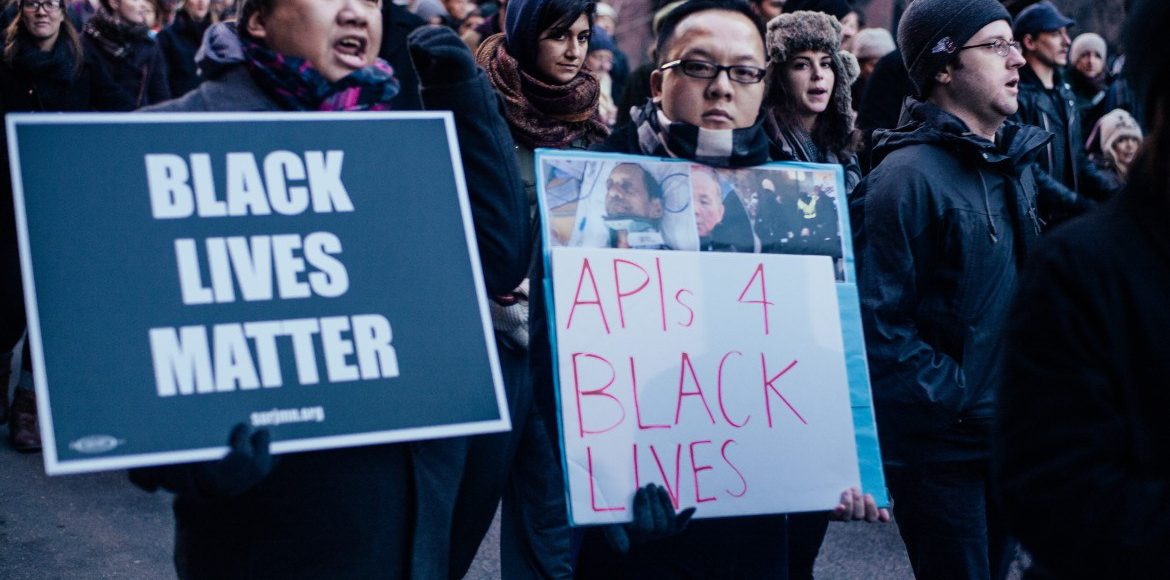The 2019 American Political Science Association Annual Meeting will be held in Washington DC from August 29 (Thursday) through September 1 (Sunday).
As co-chair of the Asian Pacific American Caucus, I encourage you to submit a proposal to our division. See call for proposals below.
APSA Asian Pacific American Caucus 2019 Annual Meeting Call for Proposals
How are Asian Pacific Americans affected by the rise of powerful outsider candidates with special appeal for populist voters? In recent years we have seen the election of candidates such as Donald Trump and Barack Obama to the presidency and to other public offices. Commentators such as Hulse (2016) observed in the New York Times that, “Obama Cleared Way for Today’s Outsider Candidates.” Americans seem to yearn for a change in how our country is governed as reflected in large-scale decisions to favor candidates who are not (at least initially) supported by the party machine on both the ideological left and right. What does this mean for Asian Pacific American politics in terms of public opinion leading up to and after elections? What does this mean for Asian American political voice when so many APA’s remain independent nonpartisans or decline to state an affiliation in a two-party-dominant system? How does this political status on the sidelines of major party politics for many APA’s interact with recent patterns (e.g., parties have shifted their overall platforms and specific policy stances toward supporting populist candidate rhetoric and behavior as opposed to a trend in the other direction)? Are these populist challenges simply a replication of traditional mainstream and/or party elite politics in a different form? Have APA’s made progress vis-à-vis democratic inclusion under Trump or Obama versus previous presidential administrations? The Asian Pacific American Caucus invites conference proposals — both contemporary and/or historical in perspective — that consider the role of populist challenges to the American political system and their impacts for the incorporation of Asian Pacific Americans. We also welcome proposals that examine and evaluate the political lives of APA’s more broadly.
Please visit APSA APAC and APSA the following for further information. Proposal are typically due in January of the conference year.
Source for image:
Image taken by Uche Iroegbu via Twin Cities Daily Planet. In this populist era of racialized and high-conflict politics, the image challenges the idea that Asian Americans don’t care about the lived experiences of African Americans. To what extent is this an accurate depiction of trends in public opinion and how do any shifts fit in two-party politics? What can we prove about cross-cultural coalitions in the wake of Black Lives Matter and in particular, whether Asian American attitudes toward the African American experience have shifted over time? The call to action for social scientists is to demonstrate whether this is one among a set of unique instances or indicative of a broader shift in racial attitudes and the fixity of racial group boundaries.
Plaid, Andrea (December 10, 2015). “When Asian American politics and Black Lives Matter met at Macalester.” Twin Cities Daily Planet. Retrieved from https://www.tcdailyplanet.net/when-asian-american-politics-and-black-lives-matter-met-at-macalester/

